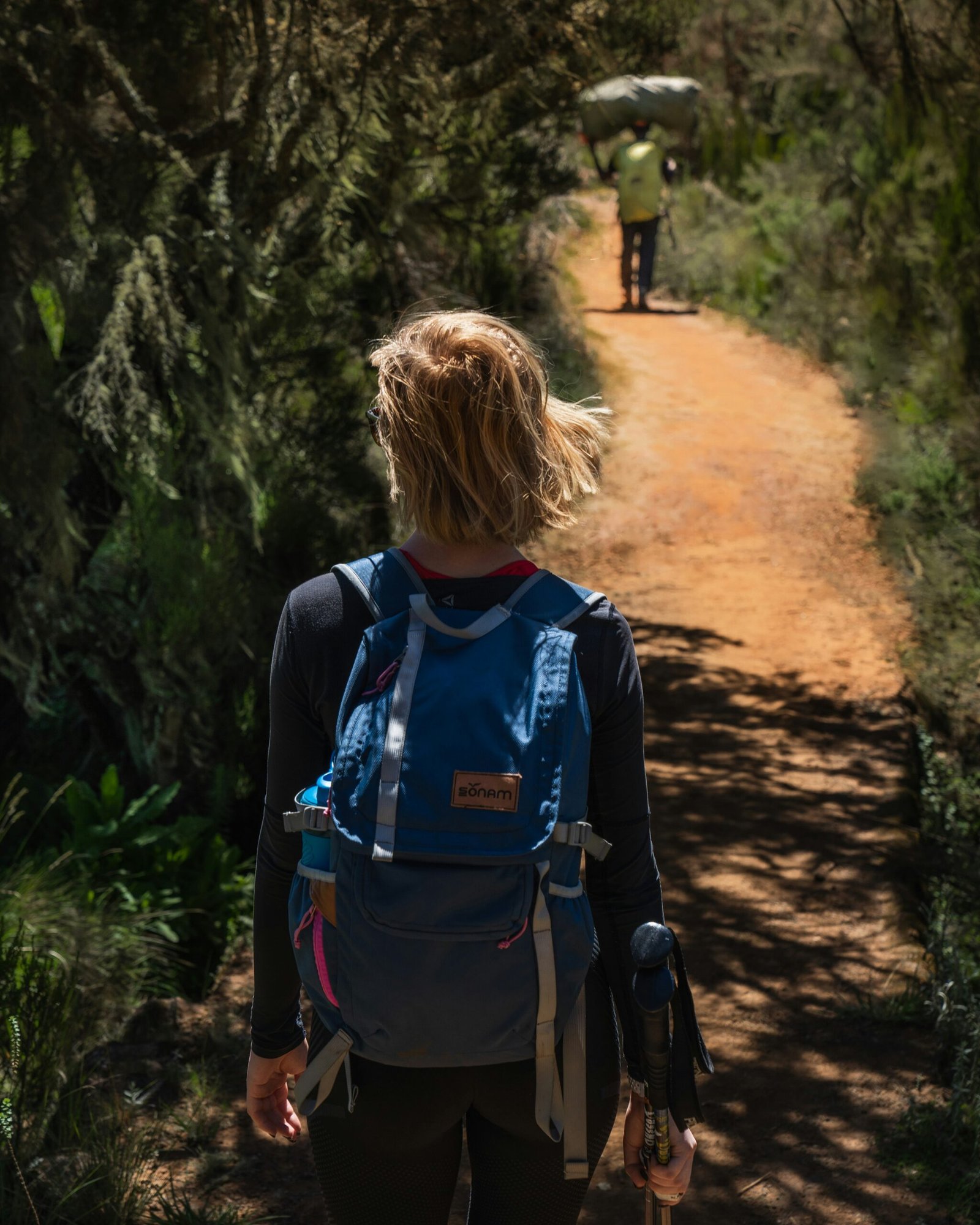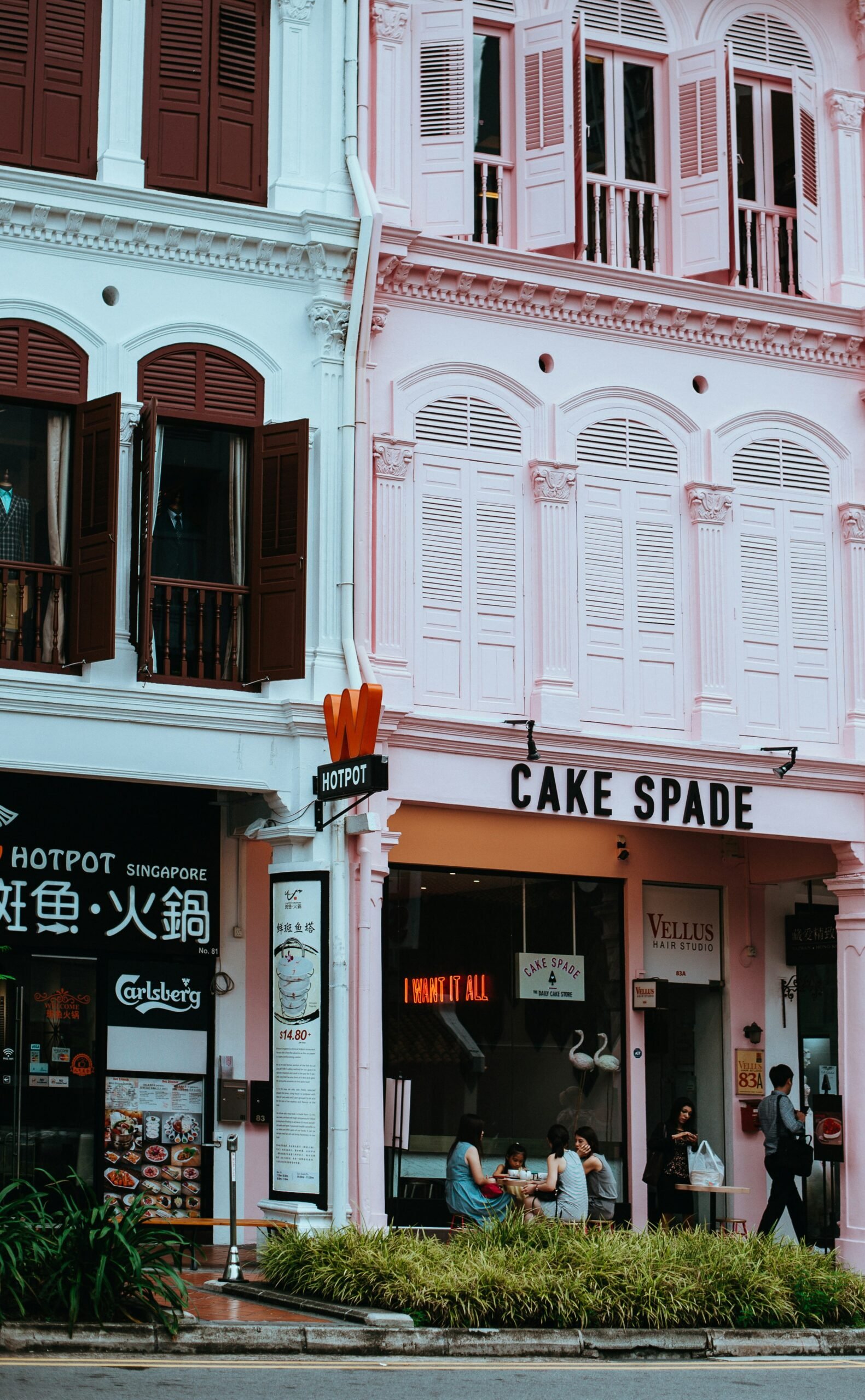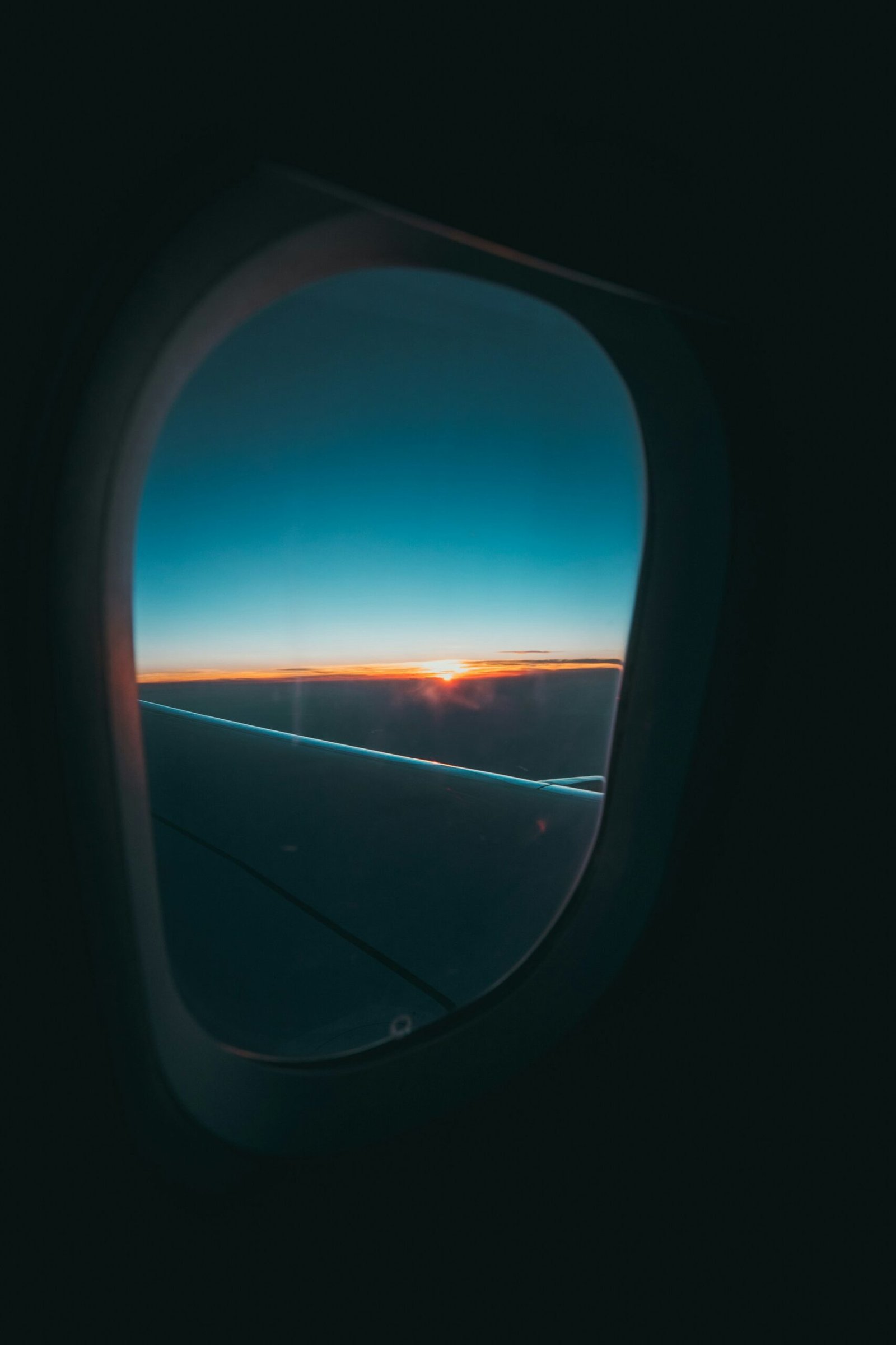Understanding the Importance of a Travel Budget
Creating a travel budget is an essential step for anyone planning a trip, regardless of the destination or duration. A well-planned budget provides travelers with comprehensive visibility over their finances, allowing them to manage their resources effectively. By outlining estimated expenditures for accommodations, meals, transportation, and activities, travelers can avoid the common pitfalls of overspending, which often arise in unfamiliar environments.
When embarking on a new adventure, the excitement can sometimes cloud judgment regarding financial limits. However, a travel budget acts as a guiding framework, helping individuals remain mindful of their spending habits. It encourages travelers to prioritize experiences and consider cost-effective alternatives, ultimately leading to a more fulfilling journey without financial strain. By assessing all potential costs beforehand, travelers can avoid unpleasant surprises that could disrupt their plans.
The psychological benefits of adhering to a travel budget should not be underestimated. Knowing one’s financial limits can significantly reduce stress, allowing travelers to focus on their experiences rather than worrying about money. This peace of mind fosters a more enjoyable travel experience, as individuals feel secure in their ability to manage expenses. Furthermore, maintaining a budget can encourage responsible decision-making, enabling travelers to allocate funds toward the attractions and activities that matter most to them.
In essence, understanding the importance of a travel budget is about more than just numbers; it is about creating a framework that enhances the overall travel experience. By meticulously planning and adhering to a budget, travelers can enjoy their trips without financial anxiety, ensuring that they return home not just with memories, but also with financial well-being intact.
Setting Your Overall Trip Budget
Establishing a comprehensive travel budget is an essential step in the planning process, ensuring that your journey aligns with your financial reality. To effectively determine your overall trip budget, begin by conducting a thorough analysis of your current financial situation. This includes reviewing your income, fixed expenses, and discretionary spending habits. Start by listing your monthly income and subtracting your regular expenses such as rent, bills, and groceries. The remaining amount represents your disposable income, which can be allocated towards your travel plans.
Next, consider your financial goals and how much you can realistically save for your trip. Creating a savings plan is a practical approach; designate a specific amount from your disposable income to set aside each month. Utilize a budgeting app or spreadsheet to monitor your progress toward reaching your trip budget. This not only helps you stay on track but also allows you to visualize your savings journey, making the goal feel more attainable.
When formulating your trip budget, it’s crucial to prioritize your travel experiences based on their significance to you. Assess the destinations you wish to visit and the activities you want to engage in. Certain experiences, like guided tours or unique accommodations, may require a higher allocation of your budget than others. By being selective about where to allocate funds, you can maximize the enjoyment of your trip while remaining within budget. Lastly, embracing flexibility in your travel plans can lead to additional savings; consider off-peak travel periods and alternative accommodations that provide enriching experiences without straining your finances.
Breaking Down Your Budget: Key Expense Categories
When planning a trip, establishing a comprehensive budget is crucial to ensuring your travel experience remains enjoyable and financially manageable. Understanding the major categories of expenses is the first step in breaking down your overall travel budget. Here are the key areas to consider:
Transportation: This category typically encompasses all costs related to getting to your destination and moving around once you arrive. Include airfare, train tickets, bus fares, and car rentals. To estimate these costs effectively, compare different airlines and transportation options online, and book tickets in advance to secure the best deals. Additionally, consider using flexible search options that allow for date shifts, which can significantly reduce travel expenses.
Accommodation: For most travelers, lodging is one of the primary expenses. This includes hotels, hostels, or short-term rentals like Airbnbs. To save money, consider staying in locations off the beaten path but still accessible to major attractions. Furthermore, reading reviews and checking for discounts on booking sites can help you find budget-friendly accommodations that fit your needs.
Food: Eating out can quickly add up, so it is wise to allocate a realistic budget for meals. Include costs for dining in restaurants, groceries, or street food. A good strategy is to mix eating out with cooking some of your own meals if your accommodation allows it, which can offer considerable savings. Additionally, take advantage of local markets to find fresh and affordable ingredients.
Activities and Entertainment: This encompasses the various sights and experiences you plan to enjoy during your trip, such as tours, entrance fees, and excursions. Research local attractions ahead of time and identify which are essential for your trip. Many cities offer city passes that bundle attractions at a discounted rate, thus allowing you to save big while still having fun.
Miscellaneous Expenses: Finally, don’t forget to account for additional costs such as travel insurance, souvenirs, and tips. This category can vary widely based on personal preferences and destinations. Setting aside a small percentage of your budget specifically for these unpredictable costs will ensure you’re covered and can enjoy your trip without stress.
Saving Money Before Your Trip: Tips and Tricks
Preparing for a trip often entails more than just packing bags and booking flights; it requires a careful examination of your finances to ensure that you can enjoy your vacation without the burden of overspending. One effective strategy is to identify and cut down on unnecessary expenses. Assess your current spending habits and categorize them into essential and non-essential costs. Consider reducing takeout meals, minimizing impulse buys, or canceling subscriptions you no longer utilize. Redirect those savings into a dedicated travel fund, which will be earmarked solely for your upcoming trip. Visualizing the growth of this fund can also serve as motivation to stick to your budget.
Another beneficial approach is to take advantage of discounts and offers. Many retailers and online platforms frequently provide seasonal promotions, cash-back deals, or coupons that can substantialize your savings. Ensuring you subscribe to newsletters or follow brands on social media can keep you informed about these opportunities. In addition, consider utilizing price tracking tools that monitor flight and hotel prices. By setting alerts, you can secure the best deals and low rates as they become available.
Moreover, if you frequently travel or make specific purchases, leveraging rewards programs can significantly enhance your savings. Many airlines, credit cards, and hotel chains offer rewards or loyalty points that accumulate over time. By focusing your spending on brands you’re already loyal to, you can earn points or cash back that will reduce your overall travel expenses. Ensuring you understand the terms and conditions of these programs will maximize the benefits and potentially provide additional perks such as free flights or accommodations.
Utilizing these strategies not only helps in saving money but also establishes good financial habits that extend beyond traveling. These techniques can help ensure that you are financially prepared for your trip and allow you to focus on enjoying your experience rather than worrying about expenses.
Creating a Daily Spending Plan
When planning a trip, one of the critical components of effective budgeting is developing a daily spending plan. This strategy involves breaking down the overall budget into manageable daily amounts, thereby providing a clear framework for financial discipline during the journey. To get started, it is necessary to determine the total budget allocated for the entire trip. Once this figure is established, dividing it by the number of travel days will yield a daily spending limit. This approach not only simplifies budgeting but also allows travelers to monitor their expenditure consistently.
It is advisable to allocate funds for essential categories such as accommodation, meals, transportation, and activities, ensuring that all primary expenses are covered each day. Furthermore, incorporating a small buffer for unexpected costs, which may vary from a spontaneous excursion to additional food expenses, is wise. This buffer need not be extensive; even a modest percentage of the daily budget can help absorb fluctuating costs while keeping the overall spending plan intact.
Flexibility is key when implementing a daily spending plan. Travelers should recognize that not every day will align perfectly with the budget. For instance, a day filled with free activities might allow for a surplus, which can be rolled over to days with higher costs, such as dining out or visiting paid attractions. This dynamic allocation fosters a sense of control, allowing travelers to enjoy their experiences without the constant worry of overspending.
In conclusion, creating a daily spending plan enhances the budgeting process by providing clear financial boundaries and encouraging mindful spending. By allowing for both structure and flexibility, travelers can navigate their expenses effectively, ensuring a stress-free trip that aligns with their financial goals.
Tools and Apps for Budgeting Your Trip
In the digital age, there is a myriad of tools and applications designed to assist travelers in budgeting efficiently throughout their journeys. These finance apps not only help track expenses but also enable users to manage their budgets and convert currencies seamlessly. Taking advantage of these technological resources can significantly enhance the travel experience, ensuring that finances remain organized and within limits.
One of the most popular budgeting tools is Mint. This app provides users with an intuitive interface to track spending, set budgeting goals, and manage accounts all in one place. Mint automatically categorizes expenses and sends alerts when approaching budget limits, helping users stay accountable. Additionally, the app provides insightful reports that help users analyze their spending behavior over time, which can be beneficial when planning future trips.
Another noteworthy app is Trail Wallet, specifically tailored for travelers. It promotes easy expense tracking by allowing users to input their daily expenditures in a simple manner. Trail Wallet also enables budgeting for individual vacations, ensuring travelers can monitor their spending against the set budget. Its user-friendly design makes it an excellent choice for both novice and experienced travelers alike.
For those traveling internationally, XE Currency is an essential tool. This app delivers real-time currency conversion rates allowing users to understand their expenses in local currencies effortlessly. XE Currency also provides historical data and charts, assisting users in making informed decisions regarding spending in different regions.
Overall, utilizing these budgeting tools and applications while traveling can lead to a more organized financial approach. With these resources at hand, travelers can concentrate on the experiences rather than the numbers, ensuring that their budgets facilitate enriching adventures rather than hinder them. Incorporating technology into travel budgeting is a step towards travel efficiency and financial management.
Adjusting Your Budget on the Go
Budgeting for a trip requires a proactive approach, but even the best-laid plans can encounter unforeseen circumstances. Therefore, adapting your budget on the go is essential to ensure that you remain financially responsible while still enjoying your travels. One of the first steps in this process is to monitor your spending closely. Keep track of all your expenditures, whether through a dedicated budgeting app or simply recording transactions in a notebook. This practice provides a clear picture of how your spending aligns with your initial budget.
As you monitor your expenses, it is vital to assess your budget periodically. Set aside time each day or week during your trip to review your financial situation. This evaluation will allow you to identify any deviations from your planned budget and understand where overspending is occurring. For example, if you find yourself spending more on dining than anticipated, you may need to allocate funds from less essential categories such as souvenirs or entertainment.
Real-time adjustments are crucial when expenses exceed the original budget. Consider cutting non-essential activities and seeking local, cost-effective alternatives instead. For instance, if dinner plans at an upscale restaurant are straining your budget, look for local eateries or food markets that offer delicious, affordable dining options. Additionally, resist temptations by reminding yourself of your financial goals and the experiences you prioritize. One effective technique is to set daily or weekly spending limits that offer some flexibility, yet keep you accountable.
Ultimately, being adaptable is a key attribute of successful budgeting while traveling. By continuously monitoring your spending, assessing your budget, and adjusting your financial plans as needed, you can enjoy your trip without the constant worry of overspending. Maintaining a flexible mindset will not only aid in experiencing your destination but also in reducing the stress that financial constraints can bring during your travels.
The Benefits of Traveling on a Budget
Traveling on a budget brings a multitude of benefits that can enhance one’s overall experience. One of the primary advantages is the opportunity for more meaningful travel experiences. When travelers allocate a fixed amount for their trips, they become more intentional with every decision, from accommodations to activities. This mindfulness encourages them to delve deeper into the local culture rather than skimming the surface, allowing for connections with residents and participation in authentic experiences that may otherwise have been overlooked.
In addition, budget travel often leads to the discovery of hidden local gems. While high-end attractions may draw crowds, those who travel economically are frequently led to explore less commercialized locales. This can include quaint eateries, small artisan shops, and natural attractions that offer a richer flavor of the destination. Unconventional choices not only enhance personal experiences but also provide insight into the daily lives of locals, enriching the journey further.
Additionally, embracing a budget helps foster creativity in finding innovative dining and activity options. When constrained by budget limitations, travelers are encouraged to seek alternative experiences that may be off the beaten path. This could mean cooking a meal with local ingredients, participating in a community event, or discovering a captivating hiking trail that does not require a hefty entrance fee. Such creativity often leads to unforgettable memories and the opportunity to engage in experiences that traditional travelers might miss.
Lastly, conscious spending nurtures sustainable travel habits. By prioritizing budget-friendly options, travelers tend to support local businesses and eco-friendly initiatives. This not only helps stimulate the economy of the destinations they visit but also promotes responsible tourism that benefits both the environment and local communities. Overall, traveling on a budget cultivates a deeper awareness of one’s impact and encourages more ethical choices, resulting in an enriched journey.
Case Studies: Real-Life Budgeting Success Stories
Budgeting for a trip can often feel overwhelming, but the stories of those who have successfully navigated this financial planning process offer valuable insights and inspiration. Take, for instance, the Johnson family, who decided to visit Europe on a tight budget. By prioritizing their destinations and researching various accommodations, they managed to cut down on lodging costs. They chose to stay in hostels and budget hotels, which allowed them to allocate more funds for experiences, such as local tours and trying regional cuisines. By setting a daily spending limit and keeping track of expenses via a budgeting app, the Johnsons enjoyed a memorable two-week adventure without overspending.
Another inspiring case is that of Emma, a solo traveler who spent a year planning her trip to Southeast Asia. Understanding the importance of budgeting, she started by creating a detailed spreadsheet outlining her prospective daily expenses, including transportation, meals, and activities. Through diligent research, she discovered numerous free or low-cost attractions, which helped to stretch her budget further. Emma also leveraged credit card points and travel rewards to book flights, significantly reducing her travel expenses. Her proactive approach allowed her to explore multiple countries while maintaining a strict budget, ensuring her financial stability throughout her journey.
Lastly, consider the case of Tom and Sarah, a couple who embarked on a backpacking adventure across South America. By utilizing a combination of local public transportation and cooking their meals, they managed to minimize their expenditures substantially. They also set aside a specific portion of their income each month leading up to their trip, which resulted in a well-planned budget that gave them peace of mind. Their commitment to budgeting enabled them to fully enjoy their travels without financial stress, demonstrating how strategic financial planning can lead to unforgettable experiences.











